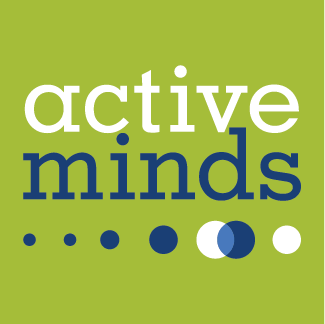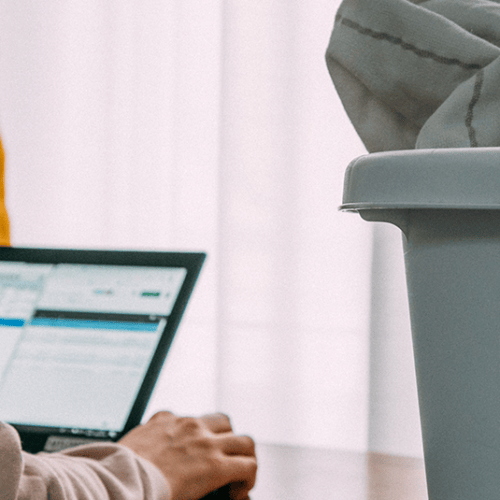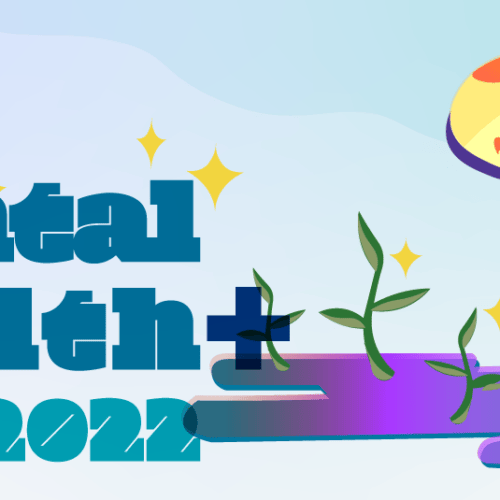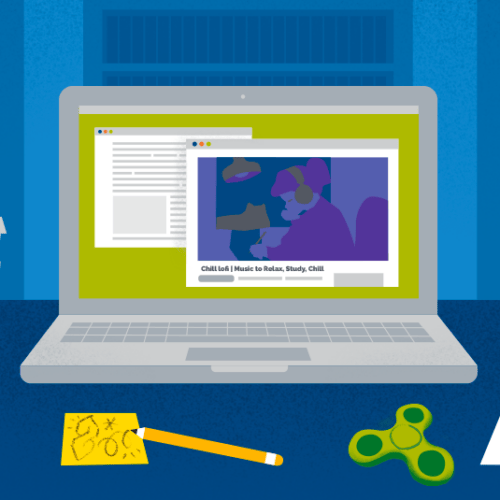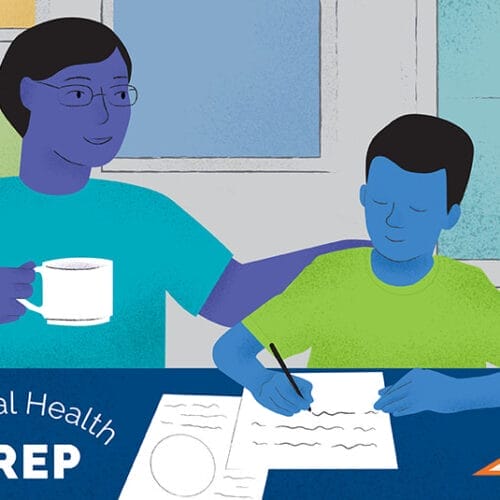Whether we are a parent, student, teacher, employee, advocate, or community member, the shock, uncertainty, and sadness accompanying COVID-19 impacts all of us and threatens our mental health and wellbeing. This is especially true for those of us with underlying mental health issues — with potentially long-term ramifications we have yet to imagine.
What are the key things we need to do and remember to maintain positive mental health during COVID-19? That was the topic of an interactive webinar series last week, featuring mental health experts Dr. Jennifer Hartstein and Dr. Kristen Lee and a diverse range of perspectives from young adults, parents, employees, and employers.
Here are 6 key themes we heard from the experts:
1. Stress during this time is healthy and normal.
We as human beings are very much wired for resilience, we’re capable of healing, and we’re really fortunate because we do have a tremendous amount of resources that we can all leverage to take care of ourselves and to make our way through this. Don’t let yourself get anxious about feeling anxious, or stressed about feeling stressed. Those feelings are very normal, given what’s at hand. In many ways, what we are experiencing is a test of a lifetime, but we’re all in it together.
2. Structure and routine – even while quarantined – is critical for wellbeing.
More than 70% of attendees said that maintaining a routine was one of the biggest challenges for taking care of themselves while quarantined. Yet, our experts shared that this is one of the most critical, main-stay elements of staying resilient during this time. While there is no one way to do it well and we each need to try different strategies to find out what works best for us, our experts encourage writing down a schedule and sharing it with others we live with, sticking to the schedule everyday so that it can help create a sense of “normalcy,” and ensuring that the schedule builds in opportunities for you to feel the way you want to at the end of the day (i.e. building in a daily walk so that you can feel a boost of energy). It’s also OK to put aside the “high octane way of living” we’re all used to, and be okay with slowing things down during this time.
3. Adopt a “bumper bowling” vs “on/off” approach to wellbeing.
We can feel confident and flexible in trying different things to provide ourselves stability and wellbeing. If something we tried doesn’t work, we can just try again with something new. The journey might be messy and imperfect, but that doesn’t mean we’re out of the game. Give yourself the space to recalibrate to make sense of things and to put a few anchors in place.
4. Innovate to connect with and advocate for others.
We can continue supporting each other and building a mental health culture even online. Some ideas to think about:
- How can you encourage wellness and self-care with others through an online zumba, meditation or yoga class?
- How can you promote social connection and community through online dinner parties, movie nights, and game nights?
- How can you educate and engage others in mental health education through online trainings, speakers, and book clubs?
- How can you help advocate for policies that allow for flexibility right now (i.e. pass/fail options for schools, continued pay/leave hours for workers)?
5. Ask for what we need from the people around us.
In addition to practicing V-A-R (Validate-Appreciate-Refer) with the people around us in this challenging time, we can strive to ask those around us for the validation that we need. If you are feeling like you need to be heard and validated, try saying something like, “would it be ok if I share something I’m going through with you?” You can choose to add the caveat that you don’t really need a solution to the issue right now, you just need to be heard. If the person you are asking says that now isn’t a great time, ask them when would be better.
6. We’re all in this together.
Wherever we are sheltering, no matter how physically distanced we are from the people we typically would be spending time with, we’re all in this together. Together, we’re going to get through it. Your experiences are uniquely challenging, and no matter what anyone else is experiencing, what you are going through matters. We are experiencing an unprecedented global challenge together. Now and always, it’s important to strive for patience and mutually supportive environments.
Hear the entire webinar series
These were only a few of the topics and insights covered in the series. To review everything covered and to share them out with your friends, co-workers, and loved ones, check out the recordings in Active Minds’ Resource Hub.
Post written by Active Minds Staff (Becky Fein, Laura Horne, Robyn Suchy, Kell Wilkinson).


